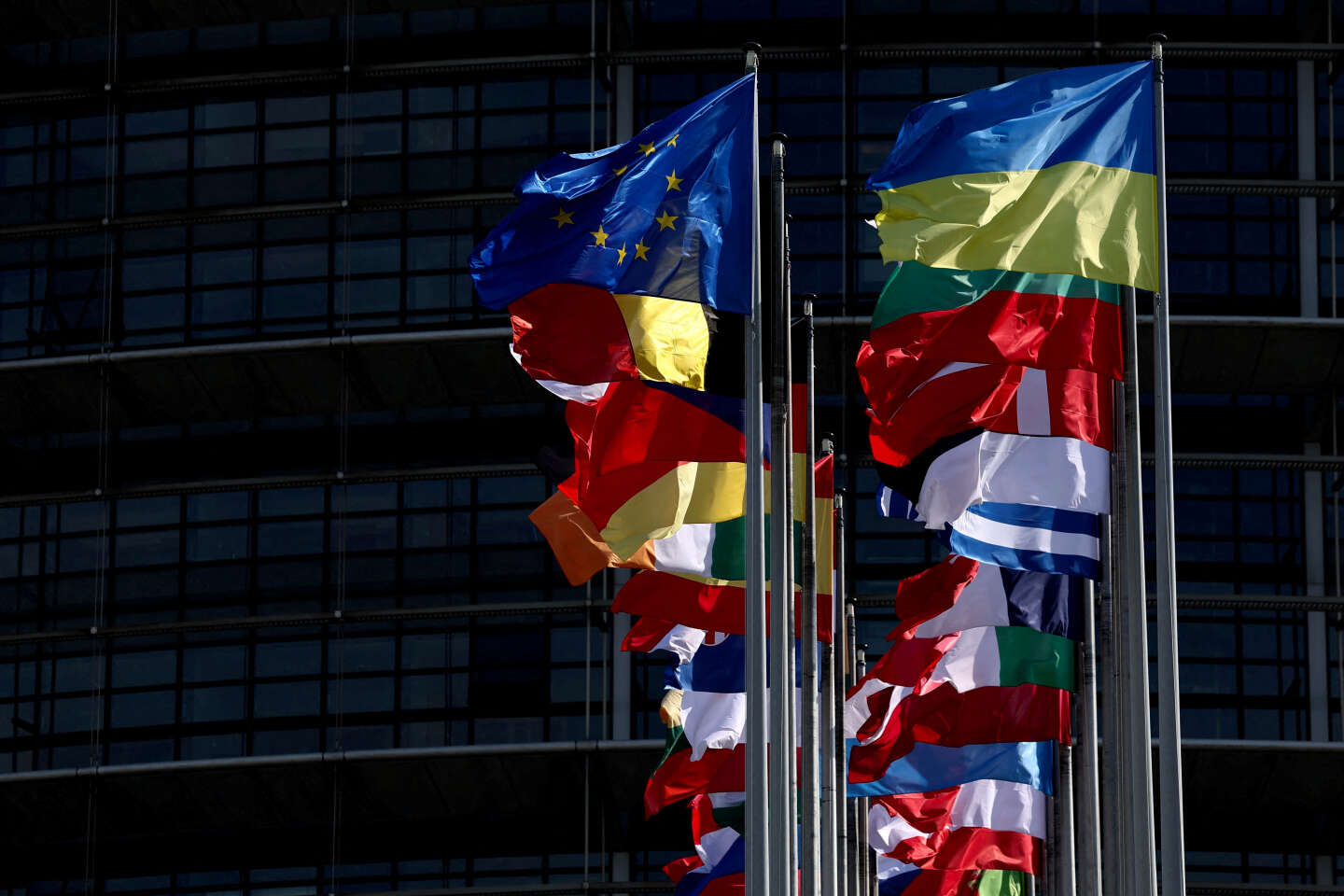


I invite you on a journey back in time. Why? In June 2024, elections will be held to renew the European Parliament. Right afterward, the presidency of the European Commission will be determined; some new commissioners will be sent in by the member states; and some existing ones will be re-confirmed in their roles. All of these decisions will help shape, promote or block European politics for the next five years. We will either be able to master crises, or we will have to endure them.
It's high time we discussed European democracy, its obvious deficits, its contradictions, and the need to continue to evolve it. You may ask why. After all, Europe is democratic and the country you live in is a democracy. All EU member states are democracies. What's there to change? Is democracy what you're used to, what you know? We go to the polls from time to time, and those who then take on political responsibilities are either well-known elites or elites who want to pass themselves off as anti-elitist: either populists who aren't very popular, or populists labeled as populists by populists in need of popularity.
Does this convention, and the right to get angry from time to time with impunity, equal democracy for you? And because it's called democracy, it shouldn't be questioned? Seriously? Is it written in Article One of the Constitution: "All power comes from convention?" Is the principle of democracy immutable? Since we're talking about principles, let's go back to the very beginning, to the root of the idea, to the "cradle of democracy," to the foundation of European values. Let's go back in time to ancient Greece! We're going to talk to the wise people who introduced the idea of democracy to the European world and put it into practice for the first time.
Cleisthenes: 6th century BC
That's where I'm taking you, and since I took Greek in high school, there shouldn't be any communication problems. We emerge from our time capsule and meet Plato. We haven't set the time clock quite right, as Plato is very skeptical about democracy. The fact that his teacher, Socrates, was forced to commit suicide after a democratic decision had been taken by a majority was proof, for him, that a popular vote goes against the higher laws of reason.
Transposed to our own time, this might make for an interesting discussion, but that's not the question that pushed us to embark on this journey. We set the clock more precisely this time and we find ourselves at the exact beginning of the golden age of ancient democracy. We meet Cleisthenes, who, at the end of the 6th century BC, drove out the tyrants of Athens and, based on the Solonian constitution, laid the foundations of democracy as we understand it when we speak of the "cradle of democracy." We find Cleisthenes debating in the agora, a free man among free citizens.
You have 75% of this article left to read. The rest is for subscribers only.
